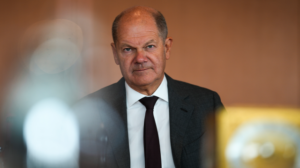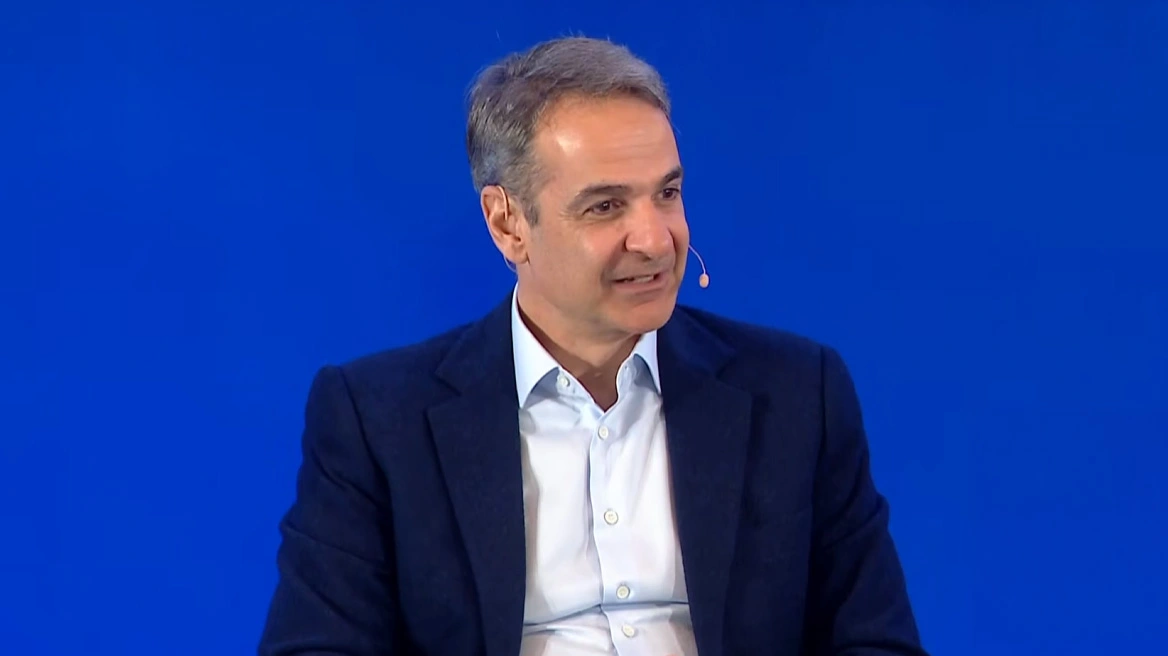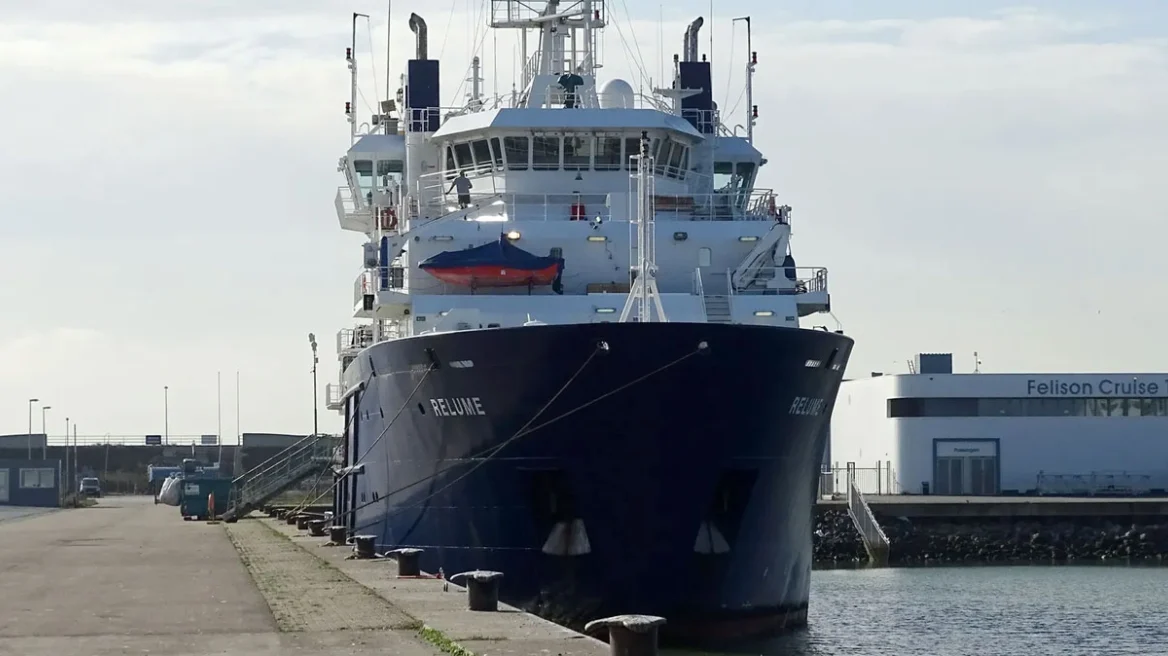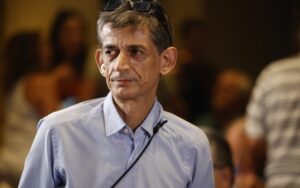Today’s election in Brandenburg, with the Social Democrats and the far-right “Alternative for Germany” vying to see who will prevail, is considered particularly crucial.
The AfD is looking to further increase its numbers and electoral strength after winning two other states in eastern Germany. On the other hand, the election in the traditional stronghold of the Social Democrats is expected to decide (indirectly at first) the political future of Olaf Scholz, who has been criticized on immigration and the economy.
About 2.1 million are registered voters in Brandenburg, the state surrounding Berlin, where the Social Democrats have ruled since German reunification in 1990.
The goals of each party
The Social Democrats want to maintain control of the state amid growing support for far-right and left-wing parties. If they are defeated, and even more so where Olaf Scholz has his constituency, it would be seen as a bad sign for him, a year before federal elections.
On the other hand, the Alternative for Germany, which won the most seats in recent regional elections in Thuringia and the second most in Saxony on Sept. 1, raising concerns in Germany and abroad about the growing support for the far right in the European Union’s largest country.
The far-right party has gained support at a time of growing backlash to large-scale immigration to Germany over the past decade and recent extremist attacks. However, it is thought that even if it wins in Brandenburg, it is unlikely to govern, as other parties have rejected the prospect of working together.
Opinion polls show the AfD and the Social Democrats fighting a tough battle for the lead with shares of more than 25%. Meanwhile, Scholz’s two newest partners in the governing coalition, the Free Democrats (FDP) and the Pras, look set to struggle to win the 5% needed to enter the state parliament, according to the polls.
How the election decides the future of Olaf Scholz
Although Brandenburg has just 3 percent of Germany’s voters, the results are now seen as crucial to the viability of the government.
In addition to being one of the last two eastern strongholds of the Social Democrats, incumbent governor Dietmar Wojtke is one of the most popular Social Democrats in Germany.
Germany’s state leaders meet regularly in Berlin at the Federal Council of the Länder, where they approve – or block – laws passed by the Parliament. If Wiedke is ousted, the Council of States could become less willing to rubber stamp laws drafted by the government in which his party participates.
Such a defeat would hurt Scholz on a personal level, since he lives in Brandenburg and maintains his constituency there.
Ask me anything
Explore related questions





